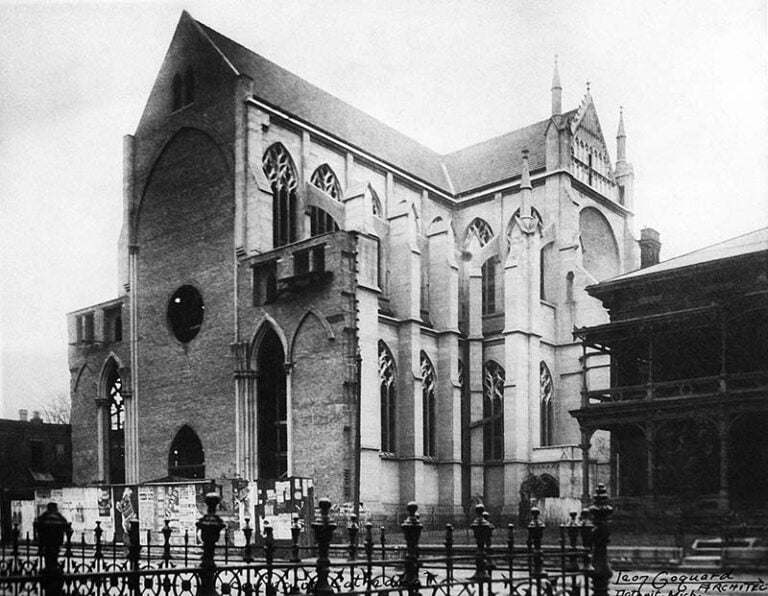On September 10, the Tribune reported on a protest against sexual violence held at Northern Kentucky University.
The article included an excerpt of an email written by the university police chief that circulated widely around campus. I am familiar with the case leading up to these events because the student organizing the protest is one of my students, and I have met with university representatives regarding the case.

I am concerned that several facts are misrepresented in the email.
Because the email has been forwarded widely throughout the university community and already featured in several public media outlets, I feel a public forum is the most appropriate way to address the issues raised therein.
First, the email states that the student is carrying a mattress as “her way of expressing her displeasure over the outcome of an administrative hearing, where she accused a male student of sexually assaulting her.”
The email fails to mention the outcome of the hearing: the accused student was found guilty of “nonconsensual sexual intercourse.”
It is unfair to state that the student made an accusation and then omit that the subsequent hearing was decided in her favor.
In fact, the student is not protesting the outcome of the hearing itself, but rather what she feels is the university’s inadequate response to her safety concerns regarding the perpetrator’s presence on campus.
The email also unfairly accuses the student of “publically slandering” her perpetrator without providing any context for such an accusation.
Does the claim stem from her referring to him as a rapist? If so, this is not slander. She is stating the facts of her case as supported by the results of the university’s own disciplinary proceedings.
She, on the other hand, has been publically accosted on campus and called a “liar” and a “slut.”
Who, in this case, is being slandered?
The email does make clear that the student’s First Amendment rights are to be protected, and I applaud this effort. We are then told that police action will be taken against the student should she “violate statutory or local level laws” or commit “criminal or nuisance offenses.” I could list a number of campus demonstrations for or against various causes over the years, and this is the only time such a warning has been issued to faculty. Why make it sound as though this student poses a threat to the campus community? What fear should be struck into our hearts by a student carrying a mattress; whose only weapon is her voice?
Excerpts from the email have now appeared in several news outlets, including the Northern Kentucky Tribune and the website Campus Reform. The latter source quotes the email as evidence the protesting student’s behavior was “provocative” and insinuates that the perpetrator is as much a victim as she is.
The student already feels unprotected on campus, and now incomplete and factually misleading representations of her case are being used against her in the court of public opinion.
At many, if not most, college campuses, students found guilty of “nonconsensual sexual intercourse” are expelled. But at NKU, our code of conduct allows students guilty of this offense to return to campus after a brief suspension.
If university policy allows students guilty of sexual offenses to remain on campus, then the university must be prepared to deal with the outcomes. Perhaps a perpetrator will engage in retaliatory behavior against an accuser, or commit offenses against other students.
The most likely outcome is that a victim of sexual violence will feel unsafe on campus just knowing the perpetrator could be nearby, especially given that many victims experience severe anxiety and/or symptoms of PTSD.
As this case reveals, it is nearly impossible for the university to ensure a safe and supportive learning environment for victims of sexual offenses as long as sexual offenders are allowed to remain on campus. Current policies provide inadequate support and are unfair to victims, and place undue burdens of risk on students and the university itself.
In light of this case, I implore the university to review its policies on sexual misconduct. All of our students deserve to be treated fairly and must have their rights absolutely and unequivocally protected, including those accused of an offense. If a student is found guilty of a sexual offense after a fair and just disciplinary proceeding, certainly university resources are better spent supporting the victim of the offense rather than the perpetrator.
These concerns notwithstanding, NKU is already taking proactive measures in preventing violence and supporting victims, most notably with the creation of the Norse Violence Prevention Center (NVP) in 2014.
The effort to establish NVP was led by Associate Dean of Students Ann James, and both she and Gabby Molony, coordinator of NVP, have worked very hard to support this student within the confines of university policy.
In spite of what I wholeheartedly believe to be their best efforts, this student is slipping through the cracks of the university support system because of the policy inadequacies outlined above. I urge NKU to build on these proactive measures and give strong consideration to policy revisions that more fully support victims of sexual violence.
Jaime McCauley is an assistant professor of sociology at Northern Kentucky University.
Read the original story here.



















